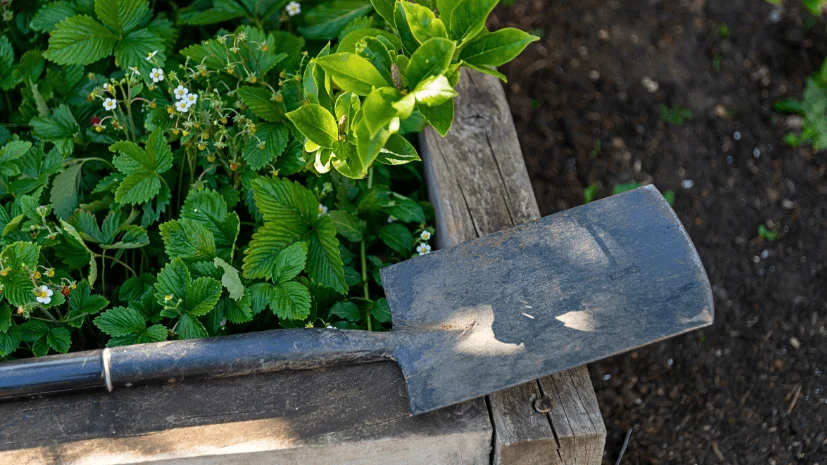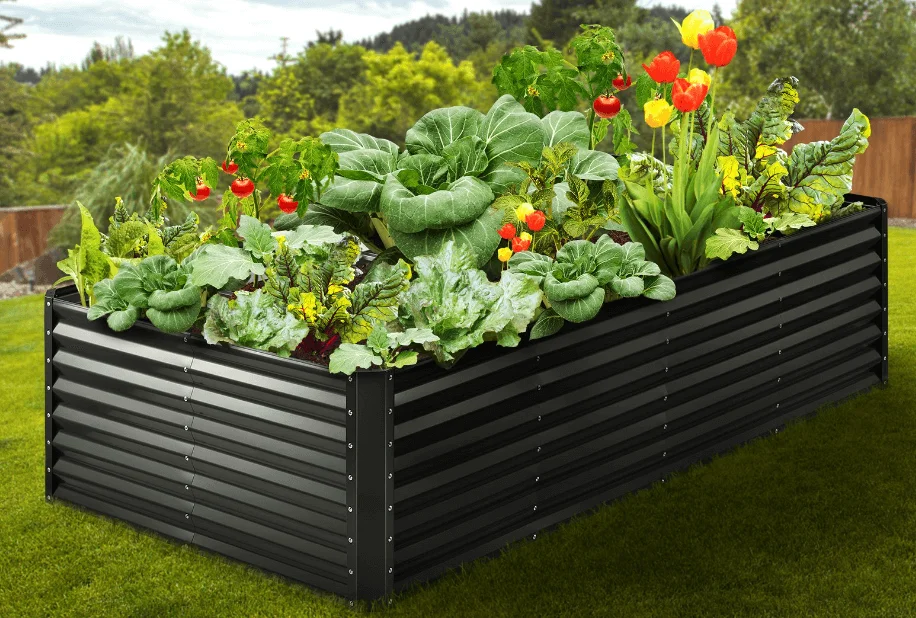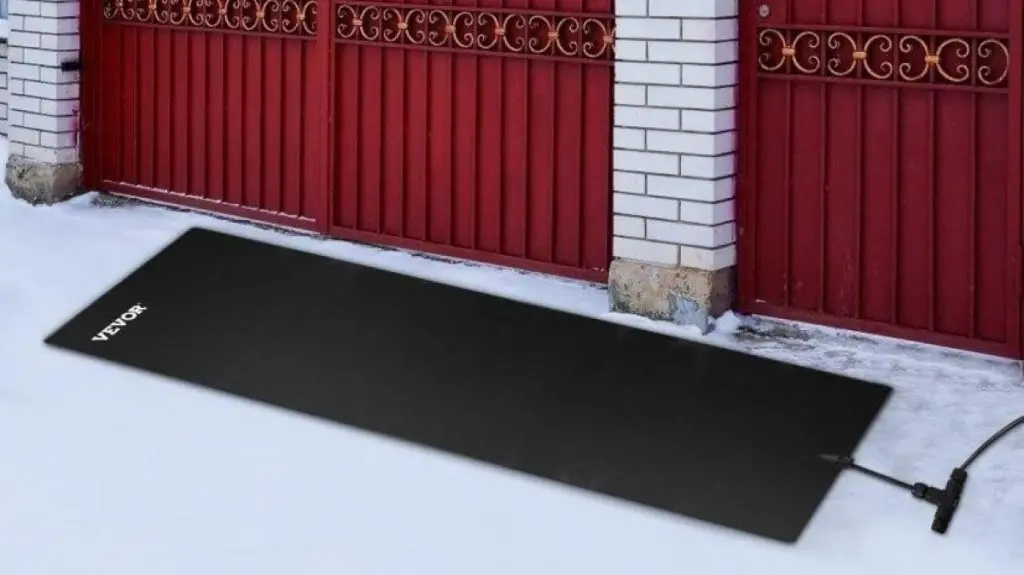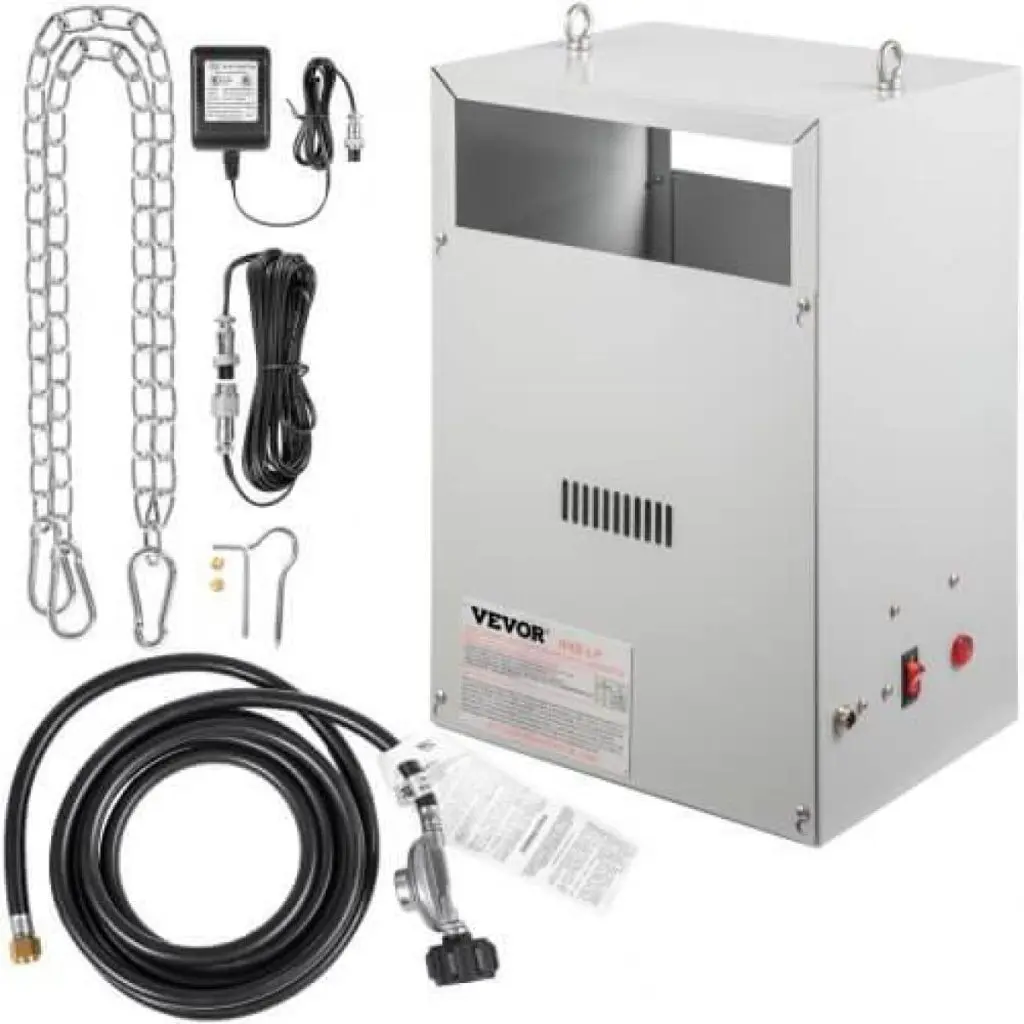You may encounter different types of pests in your garden, and ants are one of them. Your basil and grapevine may look droopy because of them. Of course, the deeper you dig, the more they are beneath the soil. These little but big problem-creating pests can destroy your entire garden bed floor.
The earlier you do ant infestation, the sooner you save your plants. If you’re looking for how to get rid of ants in a raised garden bed, you’re at the right place. If killing ants is not a solution, you can place coffee grounds in the raised garden beds, which will repel the ants away from your raised garden beds due to their antioxidant properties. But you need a permanent solution as these tiny insects will choose any other place in your garden to build their colonies.
Now, you don’t go anywhere else to get rid of ants in garden beds because VEVOR-raised garden beds are durable and ant-resistant solutions for any gardener. Learn more to take a deep overview of how to get rid of ants in raised beds.

Table of contents
Understanding Ant Infestations in Raised Garden Beds
There are multiple ways you can do safe planting and prevent ant infestation before it gets worse. But before this, you need to take a look at some common problems:
Why are ants attracted to the raised garden bed
Do you know that a poorly raised garden bed structure attracts ants, but how? Usually, the raised garden bed structure creates a moist environment appealing to ants for hydration and nest building. Furthermore, raised garden beds provide a food source for aphids as they produce honeydew, which they love to consume. Decaying organic matter is also one of the most common reasons that attract scavenging ants looking for protein and sugars.
Signs of ant Infestation
Ant infestation depends on the species and level of infestation, but here, common indicators include:
Visible Ants Trails: Ants usually travel from their nests to potential food sources like plants when foraging for food. These trails can be seen on leaves, plant stems, and surrounding soil.
Ants Nest Presence: Nests can be found in soil, paving stones, rocks, walls, or hidden indoor areas. Nests differ in size and complexity based on the species.
Damaged Foliage: Ants feed on plant tissues and damage the plant. As a result, they chewed or tattered leaves, especially if the infestation was severe or involved fire ants that foraged for food aggressively.
However, ants don’t directly harm plants; indirectly, they disrupt root systems, increasing pest populations and spreading diseases. Plants’ health can be maintained in garden and agricultural settings if these risks are present.

Preventing Ant Infestations in Your Raised Garden Beds
You can prevent ants in a raised garden bed by selecting the right bed type and taking proactive measures to deter ants. Here’s how you can do it:
Choosing the right raised garden bed

Get rid of ants in the garden bed with a VEVOR raised garden bed made of sturdy material that protects from getting injured hands while gardening.
Furthermore, the drainage holes ensure water drains from the bed, reducing building moisture that attracts other pests and ants. While providing an optimal environment for gardener to grow their plants, this raised garden bed saves plants from ant infestation.
Recommended For Your Project
Maintaining a healthy raised garden bed
To get rid of ants in a raised garden bed, only water the plant when necessary and allow the soil to dry out. You can also reduce the moisture contact with the soil surface by utilizing the drip irrigation and soaker hoses system. Debris and decaying matter are a food source for ants.
Cleaning them is essential to keep away ants in the raised bed garden. This cleaning can eliminate and discourage any ants’ presence. Following these steps will make an environment less conducive to ants while maintaining a healthy garden ecosystem.
Eradicating Existing Ant Infestations: Natural and Effective Methods
To eradicate ant infestation and get rid of ants in garden beds, you require a natural and effective method and targeted treatment to eliminate ant nests. Here’s how you can do it:
Identifying the source of the infestation
For targeting treatments, locating the ant nest is crucial because it fixes the root problem rather than treating the symptoms. Because through nest targeting, you can easily eliminate the entire colony, which is beneficial for long-term control. Hidden areas and underground locations are the home to ants. To locate their nest, you need to follow ant trails carefully. Once you identified the nest, apply the treatment to the entry point for optimal effectiveness.
Natural and Organic Methods
How do we get ants out of raised garden beds naturally and effectively? Eliminating ants from the raised garden bed is a cost-effective and faster way to prevent an infestation of ants. Look at further steps to keep ants out of raised garden beds.
Boiling water
Boiling water in an ant’s nest can kill ants quickly and disrupt their colony. Caution should be applied when using this method to avoid damaging plants. Furthermore, ensure you’re only killing an ant, not the queen.
Diatomaceous Earth (DE)
Add food-grade diatomaceous earth around your garden bed or near ant trails. This powder causes abrasion to ants and kills them after dehydrating.
Borax or boric acid and sugar bait:
Borax is an effective method to eliminate ants in raised garden beds. To make a borax powder, you need boric acid powder and granulated sugar in equal amounts, and then add water in an empty bottle. Mix all of them in a bowl and transfer the mixture to the bottle. Keep this spray out of the children’s reach, and don’t use this spray directly on the edible plants. After using, wash your hands carefully.
Other natural repellents:
However, to increase effectiveness, you should use citrus peels, cayenne pepper, and cinnamon, which are repellent for ants. Through this, ants in a raised garden bed are limited and unlikely to kill entire colonies, and underlying is a further cause of infestation.
Using ant baits:
Utilize commercial ant bait solutions containing slow-acting insecticides that ants bring back to their nest. This method targets the entire colony, including the queen, for more eradication.
Additional Tips and Considerations
Examining the root cause of the infestation of ants in raised garden beds is essential for long-term success in pest control. Ants are attracted by moisture and food sources; this can be avoided using over-watering and a proper drainage system. So, it creates a less conducive environment.
Consistently monitoring your raised garden bed is essential to detect any re-infestation detection signs. Observe signs that resurgence ants like nesting, ants trail, and aphid activity. You should respond to any infestation signs to prevent any further problems. This awareness level is crucial for timely intervention, changes, control methods, and different prevention. Considering all these steps, you control the population and can maintain a thriving garden ecosystem in the long run.
VEVOR raised garden bed helps you create an environment that deters ants while offering optimal plant growing space.
FAQ’s about How to Get Rid of Ants in Raised Garden Bed
How do you get rid of ants naturally?
There are many ways to kill ants in a raised garden bed; for example, you can use borax acid, boiling water, vinegar, and ant chemicals to get rid of ants naturally. These are the effective ways you can perform without any professional help.
How can I trap ants in my garden?
Add a teaspoon of borax to the water and sugar in the same quantity. Mix it well, dip a few cotton balls into it, and place them in front of the ant nest. Borax is dangerous to human beings, so wash your hands immediately after using it.
Why do ants get in raised garden beds?
The garden is a source of sweets for ants; spilling soda or candy bags in the garden attracts the ants. Other insects like white flies, aphids, mealybugs, and many others also attract the ants to the garden.
What smell do ants hate?
Ants hate smells like borax acid, lavender, and essential oils. It’s the best way to keep the ants away. Vinegar is a natural repellent to ants. You can create one for your ants in a raised bed garden by adding vinegar and water in the same quantity.
Conclusion
Getting rid of ants in garden beds requires a comprehensive approach targeting the underlying factors and the infestation. Cinnamon, citrus peels, and cayenne pepper are the most effective methods. If you’re looking for an environment-friendly solution to get rid of ants in a raised garden bed, then boric acid and sugar play an important role. It’s a slow but effective elimination process. Furthermore, cleanliness reduces food sources for ants, including debris and decaying matter. You can control the moisture level through less watering, making it less hospitable for ants.
Selecting a raised garden bed with excellent features like drainage holes that VEVOR offers can help you aid in the long run and prevention by reducing foraging and nesting. These methods will help gardeners manage ant infestation and promote a healthy ecosystem.





THX FOR THIS INFO ~
I HAVE A WOODEN RAISED GARDEN PATCH AT MY APT BUILDING.
ILOVE MY LITTLE GARDEN PLOT
I HAVE AN END ONE
LOTSA PPL HERE DO NOT NURTURE THere PLOT.
SO THERE ARE BUGS. SLUGS AND SAILS
I GOT SOME BUG SPRAY
AND ALSO POURED VINIGARE WHERE THERE IS A MOUND ANT 🐜 NEST GROWING
I HOOE IT KILLED THE NEST 🪺 X WILL TELL
THIS GARDENS BEEN HERE GoIng ON 8 yrs.
I’ve DELT WITH THE SLUGS AND SNAILS AND AFIDSB
THIS IS THE FIRST TIME IVE DEALT WITH THE ANTS ~~~~~
AS I DID NOT THINK 🤔 THE ANTS WOUKD HARM MY GARDEN